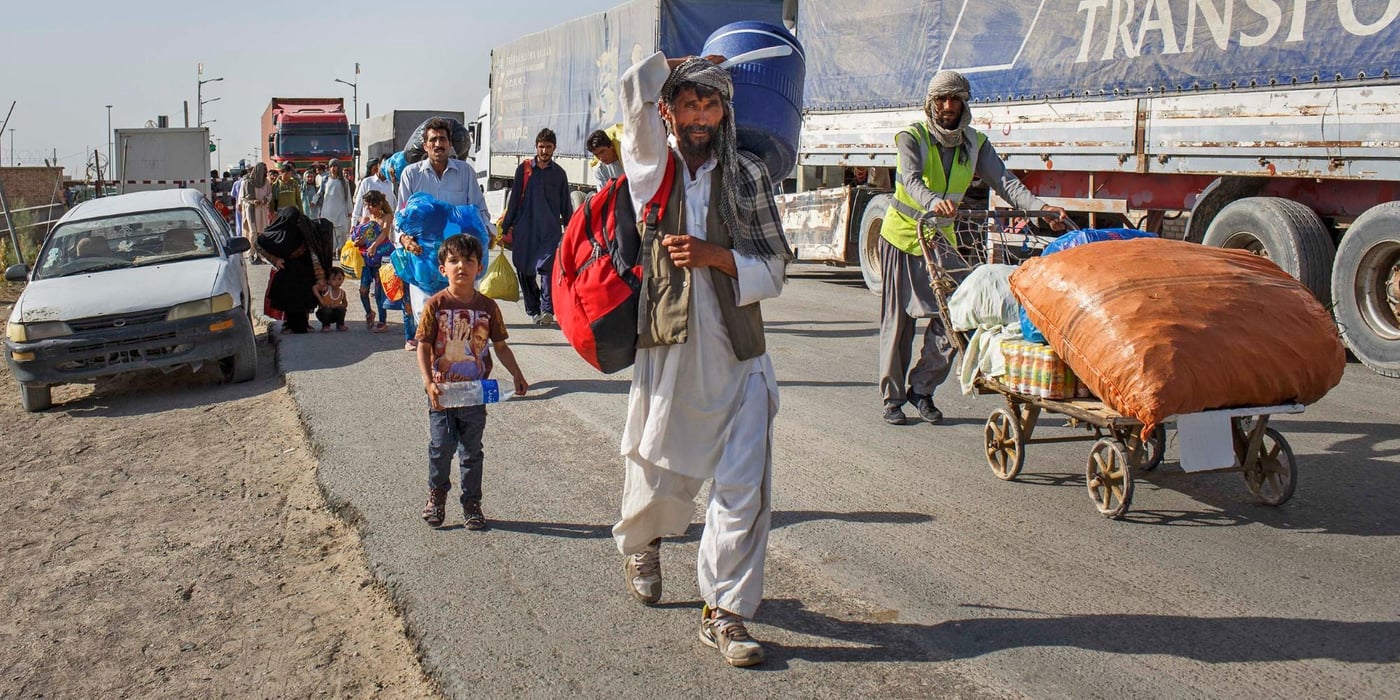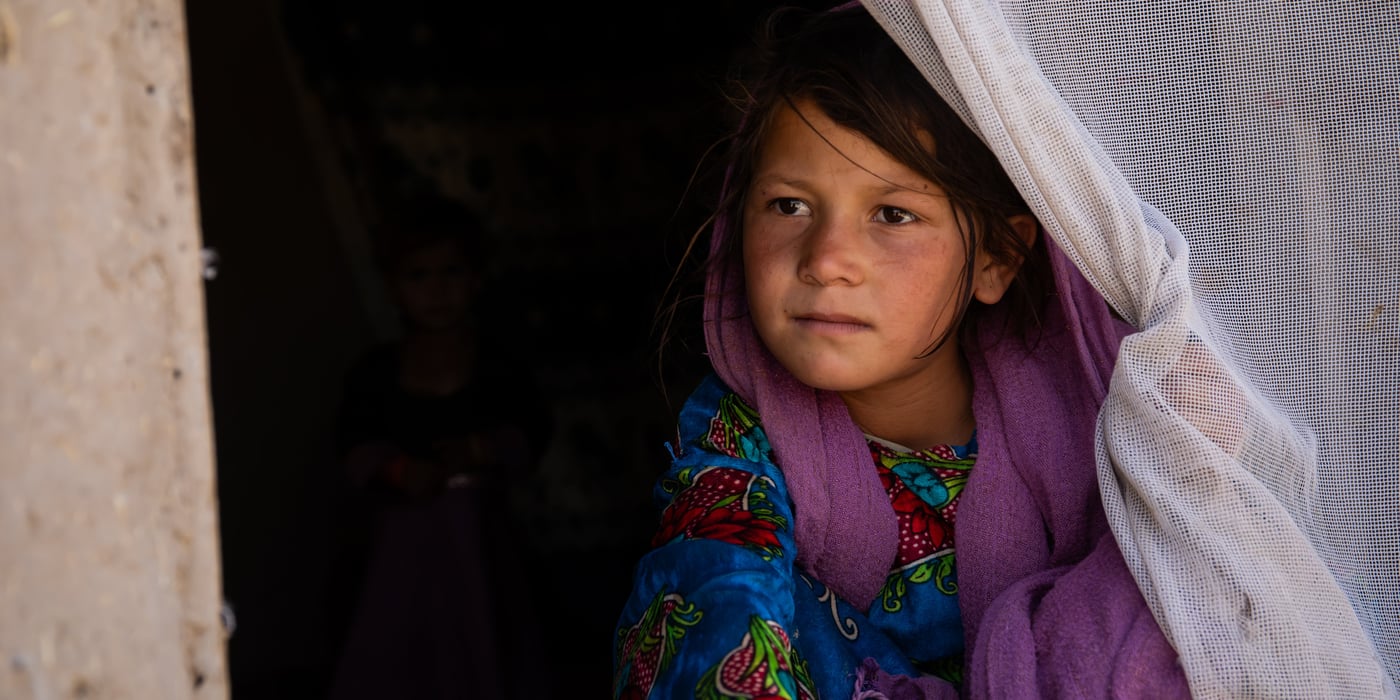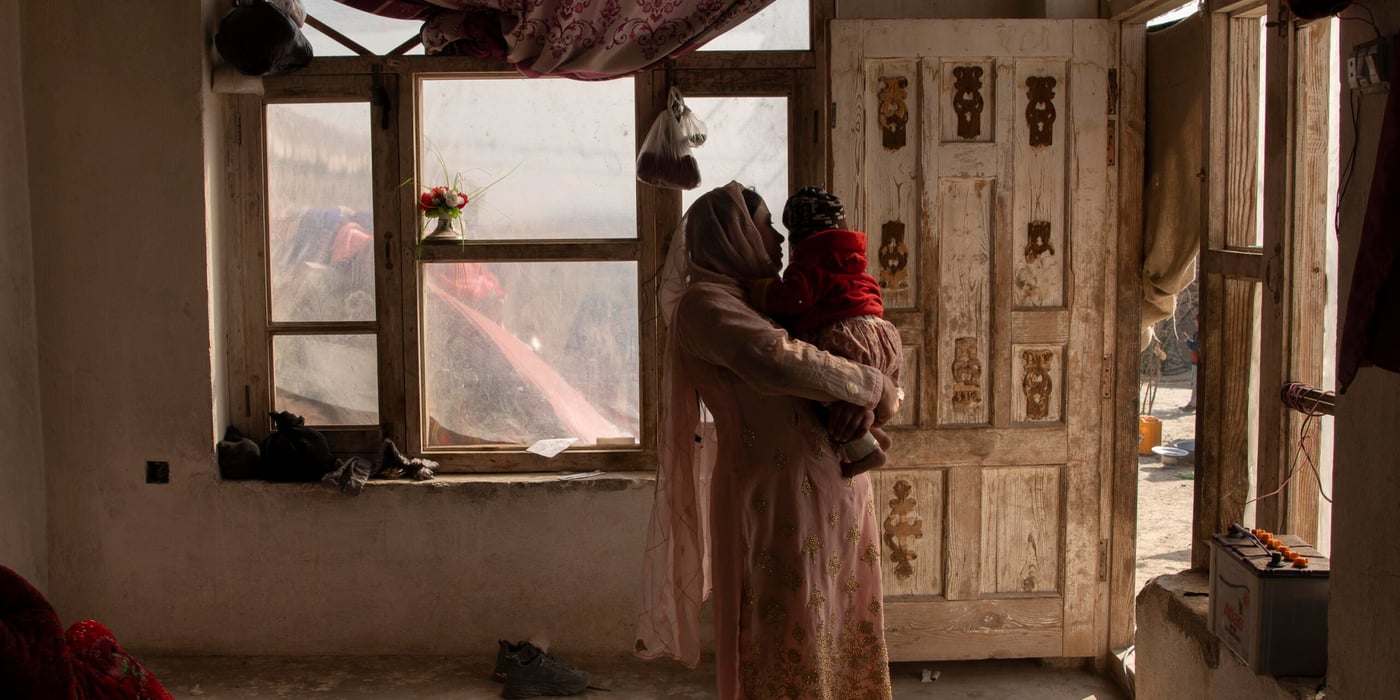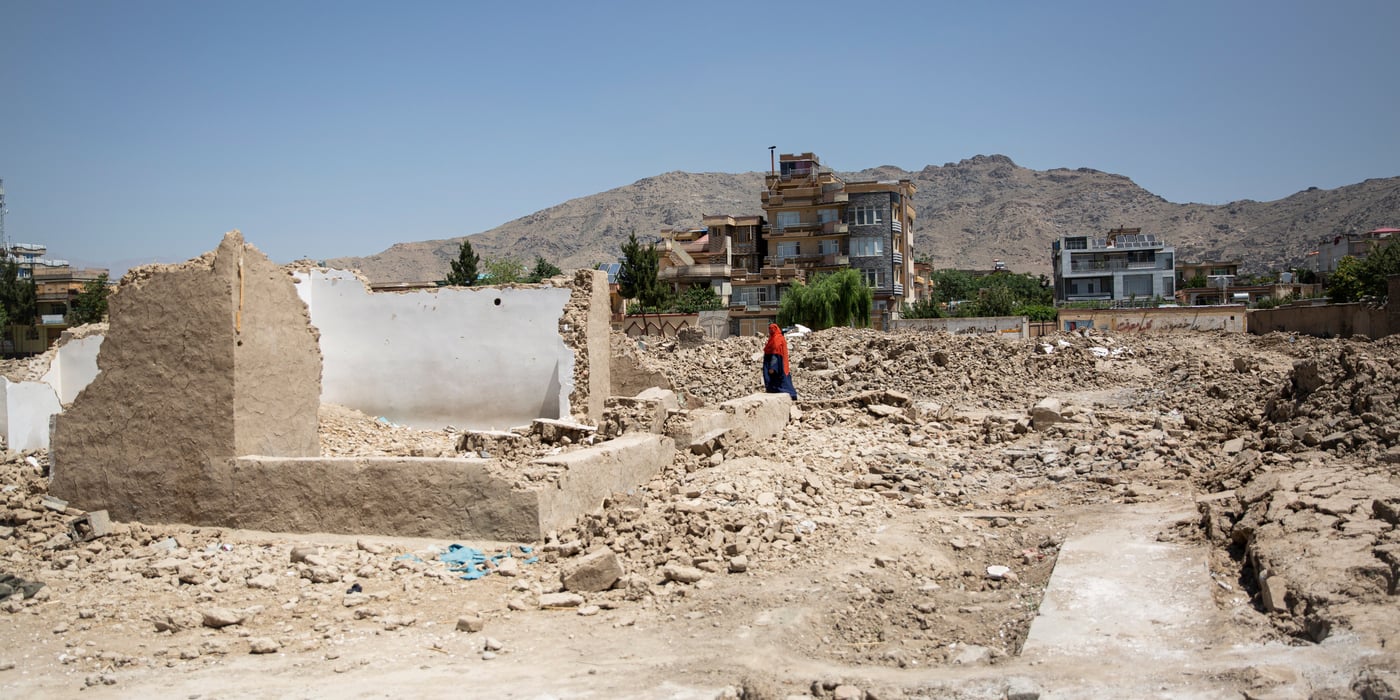
War and terror continue to displace millions in Afghanistan. Every day last year, an average of 1,200 people had to flee violence and insecurity. That comes to 50 every hour. Over the past two years, one million people have been forced from their homes.
NRC has been working in Afghanistan since 2003 to help mitigate the effects of the conflict on the Afghan people, and currently have 1,400 aid workers in 17 of the country's provinces. Our Secretary General Jan Egeland is sounding the alarm on the persisting conflict.
“This is not the time and this is not the place for forced return. And yet European countries continue to do just that. It has to stop. It is not safe," Jan Egeland said during the launch of the report ‘Escaping war in Afghanistan: Where to next?’ Study on the challenges protection for internally displaced people in Afghanistan.
From bad to worse
2,500 displaced families have been surveyed for our new report, telling us of a dramatic security deterioration after Western countries, having declared their job done, pulled out their security forces in 2013 and 2014, and scaled down relief efforts.
Since 2012, there has been a tripling in the number of Afghans who have had to flee for their lives in Afghanistan.
Today, Afghanistan is one of the world's most dangerous countries, both for civilians and aid workers. Every day, 10 civilians are killed by acts of war and terror. Last year, a total of 17 aid workers were killed and 32 injured in violent attacks. This also disrupts our work, and that of the humanitarian community, which results in fewer people getting the assistance they need.
Becoming displaced in their own country
Afghanistan has also been impacted by refugees returning home to their war-torn country. In the last five years, Afghanistan has received 300,000 Afghan "returnees".
Lack of security and humanitarian aid in most of the people who return end living in displacement. Seven out of ten refugees returning to Afghanistan in their own country due to conflict and violence. Many say they have been forced to flee up to three times after returning to Afghanistan.
Bottomless poverty and child labour
The report reveals that three out of four families who are forced to return home are not receiving any assistance. Half of them are food-insecure and have to cut meals and reduce food intake. Caught in an endless cycle of poverty, eight out of ten families surveyed report that they are forced to take on big debts. About two out of ten families we spoke to said they are forced to one or more children to work in order to survive.
Not the time for returns Last year, Afghanistan was reclassified from "post-conflict" to "active conflict" by the UN. Nevertheless, the number of Afghan refugees who have been granted residence has fallen sharply in both European countries and Afghanistan’s neighbouring countries over the past two years.
The worsening security situation
The worsening security situation has also made the relief work harder. Jan Egeland has a message for those who are keen to help in the area:
"The country is one of the most dangerous in the world in which relief workers operate. (…) The regrettable consequence is that communities in need get less aid and protection," Jan Egeland warned in an op-ed published by Reuters.
Egeland argues for a freeze in deportations to Afghanistan: "Afghanistan is no place for involuntary returns, and this is no time for Europe or Afghanistan’s neighbours to deport families."




